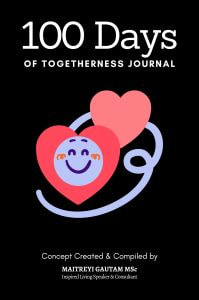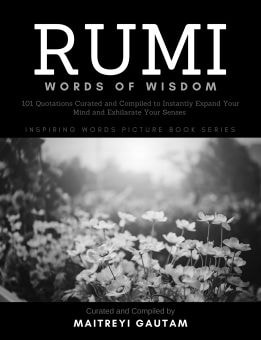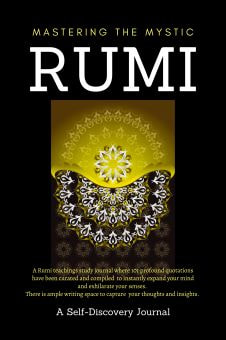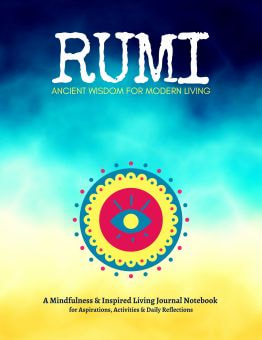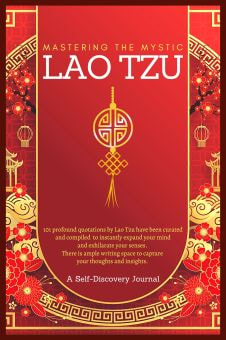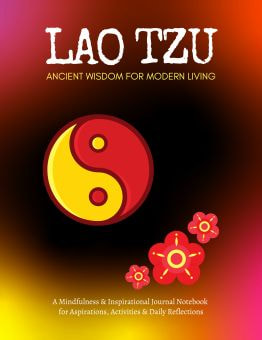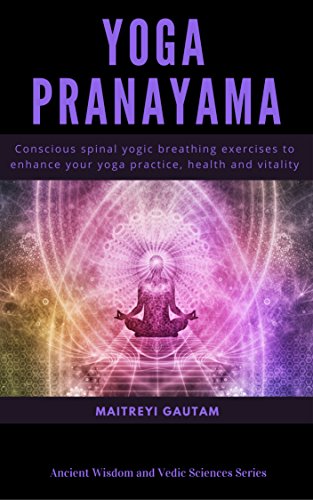Vitamin A is the most well-known supplement required to take care of your eyes. Many vision-related illnesses, such as night blindness, come from a deficiency of this vitamin. The body requires high doses of vitamin A in order to keep retinas fully functional, especially once the sun goes down. This vitamin also prevents dryness from occurring.
Vitamin C maintains eye health and stops damages from UV light due to its antioxidant properties. High amounts of zinc are found in the retina and intake of zinc helps eyes maintain their health. Zinc levels tend to decrease with age and are vital for consumption in old age.
| |
Carrots, spinach and tomatoes are good resources for lutein. Lutein helps eyes retain a protective barrier and prevent macular degeneration and cataracts.
It is easy to see that carrots are essential for healthy vision. This nutritionally packed vegetable is a great antioxidant that helps prevent an array of eye-related problems. They can be consumed in a variety of ways such as raw, steamed or grilled.
Dark, leafy greens are a must for optimal health. Vegetables such as spinach, kale, and Romaine lettuce and brussel sprouts are great providers of zeaxanthin and lutein. Zexanthin and lutein prevent damage to cells and helps keep eyes healthy. Eggs are excellent sources of zexanthin and lutein as well. As an added bonus they include zinc, sulphur and cysteine.
Tomatoes contain lutein and lycopene, which are beneficial to maintaining good eyesight. Lycopene has also been found to prevent various types of cancer and protect eyes against UV light harm.
Fish is an excellent source of omega-3 fatty acids. Various types of fatty fish worth consuming for great vision include tuna, salmon, sardines and cod. If fish is not your thing, it is beneficial to take omega-3 supplements such as cod liver fish oil capsules.
also check out...
| |
Healthy Eating and Wellness
Keywords and Tags:
#foodforhealthyvision #supplementforhealthyvision #foodforhealthyeyesight #eatingsmart #eatinghealthy



